By Onyinyechi Ugwoke and Charles Edu
The last few weeks have been draining due to scarcity of fuel, a rise in diesel prices, and almost non-existence of power supply. Small and medium-sized businesses as well as manufacturing businesses such as restaurants and factories that rely on fuel to operate have suffered significant losses.
IKEJABIRD Reporters who visited the Olowu area of Ikeja spoke with business owners to find out if the fuel scarcity had an impact on their operations.
Madam Amushai Omolade owns a restaurant named “Prestige Pot Culinary Services” on Olowu Street, Ikeja. She told IkejaBird that the fuel scarcity really affected her business.
“Customers used to flock into my restaurant to eat or take away, and as some left, others came in, but since the fuel scarcity began, the number of customers has dropped to two or three per interval.
On several occasions, we have had to resort to purchasing fuel from the black market. Even the price of food items in the market is expensive,” she said.
Mr. Kessington also owns an auto mobile battery shop in Olowu, Ikeja. He told IkejaBird reporters that the effect of fuel scarcity on business is general.
His words: “It has affected the price of commodities in the market and even some particular goods are scarce.”
Mr. Adewale Aregbesola, the Director of Food Headquarters, also located in Olowu, Ikeja, stated that the restaurant was forced to buy from black market vendors because the building they occupied was rented. Hence, they do not have a storage room to store large quantities of fuel.
“This is a restaurant business, and we cannot afford to stay out of light for 2 minutes. When we cannot buy fuel from the filling station, we buy it from the black market. The last amount we bought from the black market was for 156,000, which is a difference of 35,000 from the filling station,” he said.
Aregbesola complained that doing business in Nigeria is now extremely difficult due to the skyrocketing price of goods.
He added: ” Fuel scarcity has contributed to the rise in food prices. We complain about not having enough fuel to power our generators and cars, but there are so many other things that the fuel scarcity has affected.”
When asked if the fuel scarcity has affected the turnout of customers to the restaurant, he said: “We have not observed that, and we have not increased the prices of foods either, because we are just trying to patch up that the fuel scarcity is something that will go away.”
IkejaBird had reported that the Petroleum Tanker Drivers branch of the Nigeria Union of Petroleum and Natural Gas Workers (NUPENG-PTD) and the Nigerian Association of Road Transport Owners (NARTO) had threatened to strike over the alleged diversion of the N621bn road fund provided by the Nigerian National Petroleum Company Limited and the government’s failure to increase the freight rate for transporting petrol.
Then there were reports from motorists that adulterated fuel was being sold at petrol stations, causing damage to their vehicles. Last Tuesday, the Nigerian Midstream and Downstream Petroleum Regulatory Authority issued a statement admitting that a limited quantity of petrol with methanol quantities above Nigeria’s specification had been discovered in the supply chain and that it had been isolated and withdrawn from the market.
Following the gnawing scarcity experienced by Nigerians, the NNPC stated that the scarcity of fuel would end this week.
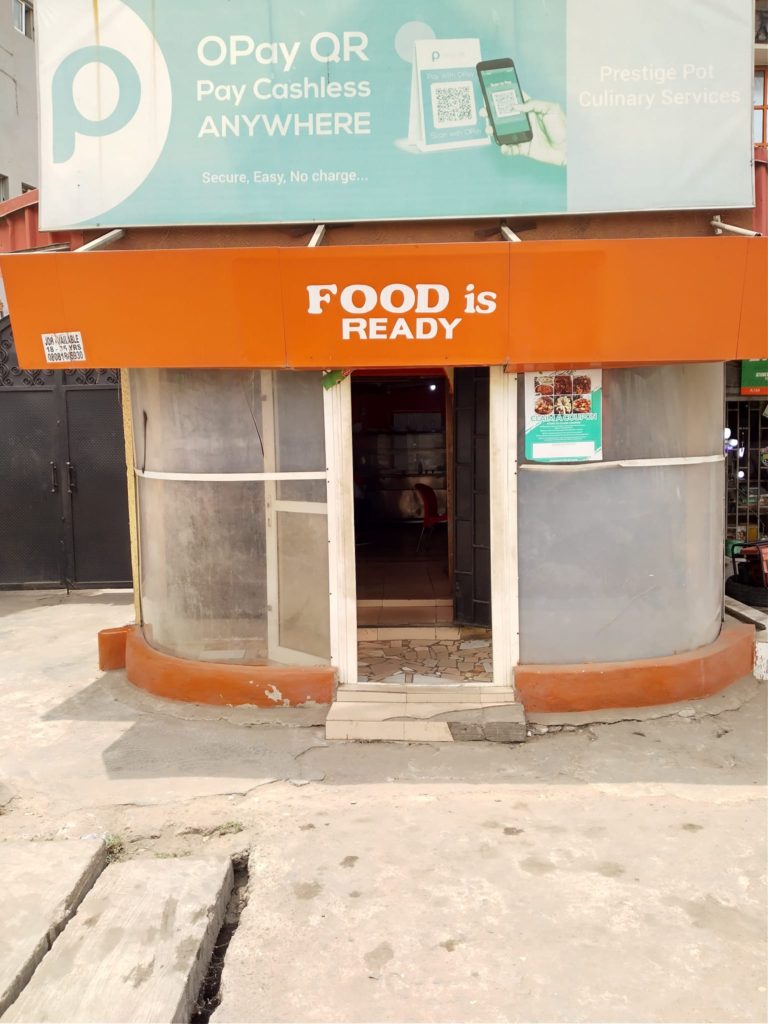
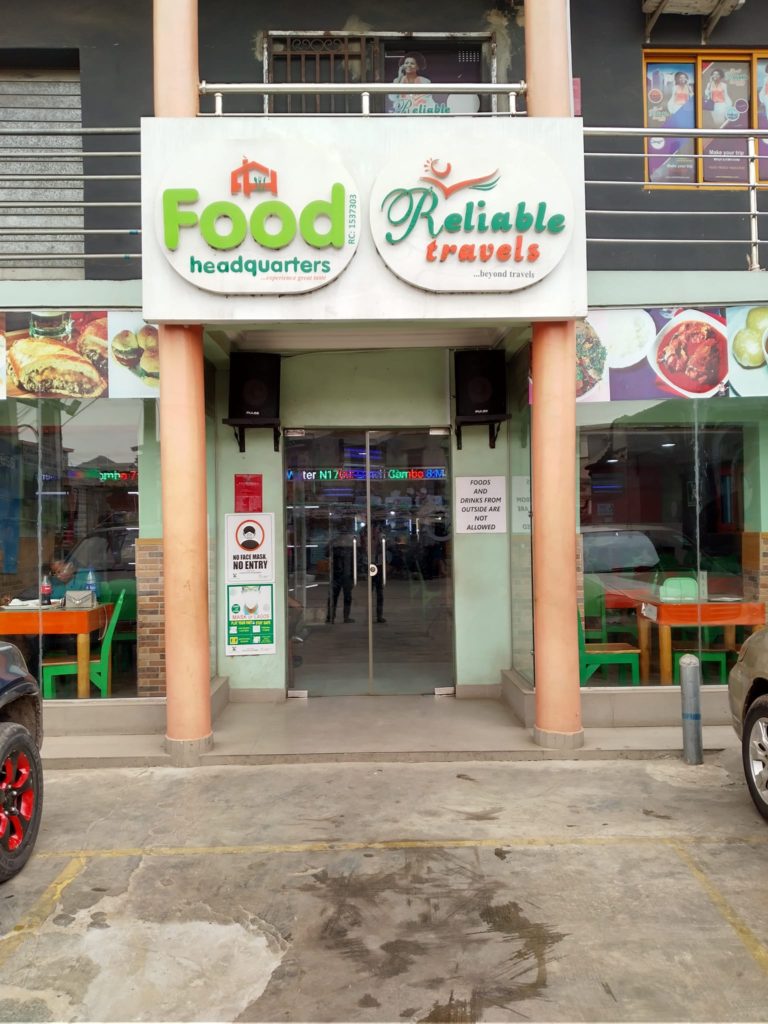
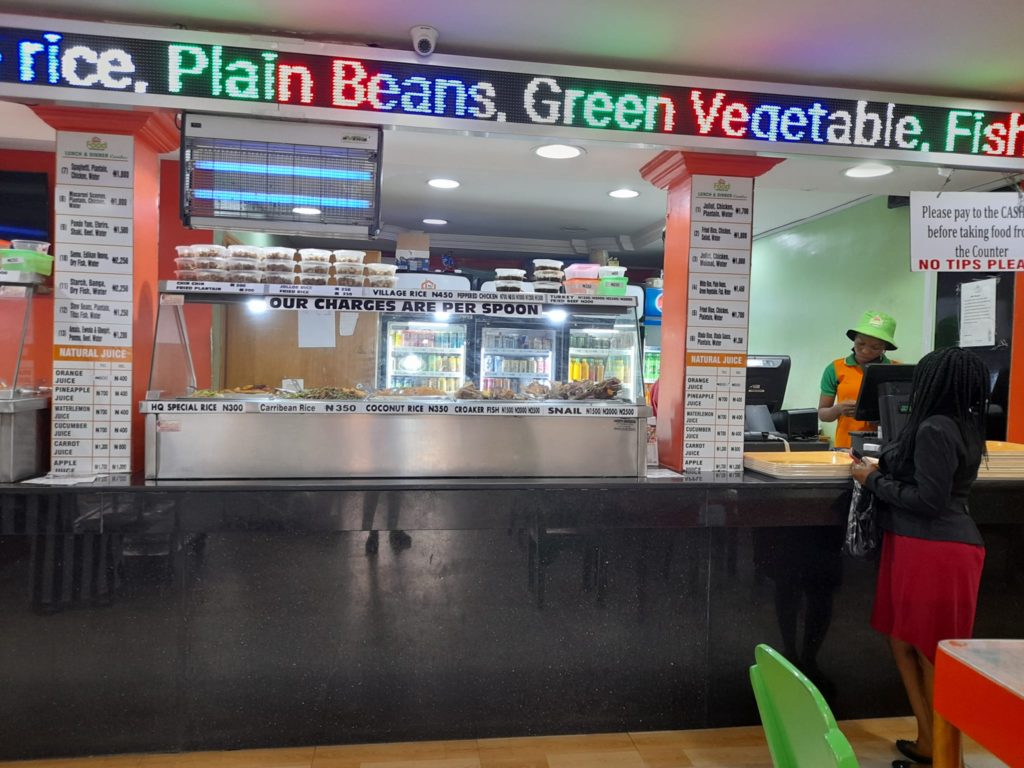

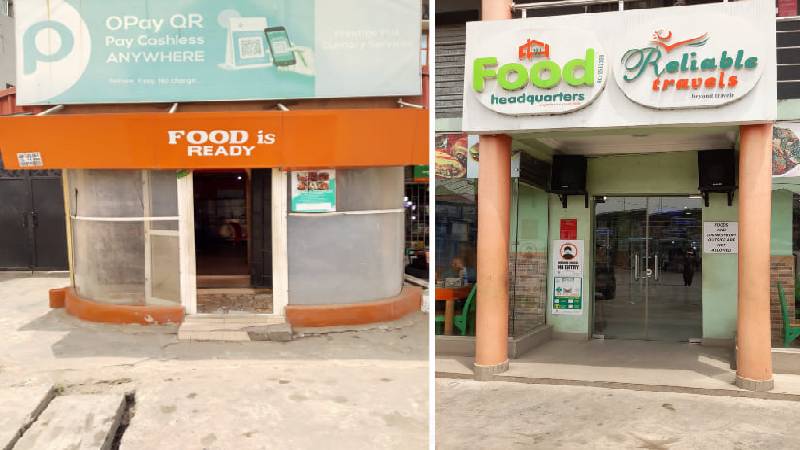
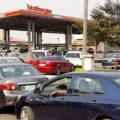






This fuel scarcity is something else.. I pray the situation improves soon.
No power supply, fuel scarcity, they are not selling fuel for those of us buying inside jerrycan. As a baker, I can’t run my business without power supply or fuel to on my generator.
This fuel scarcity has and will do a lot of damage. For a country with no stable electricity, a lot of business rely on fueling their generators & vehicles as well to operate.
Gov Wike’s ban on dispatch bikes in portharcourt is still on and now we have fuel scarcity you can imagine the prices for car delivery.
Nowadays restaurant business is suffering. Only in one area, you will have up to 10 mama put shops
It has affected my business too
Honestly, doing business in Nigeria is difficult. There are plenty to worry about here from fuel scarcity to no electricity to prices of food increasing everyday.